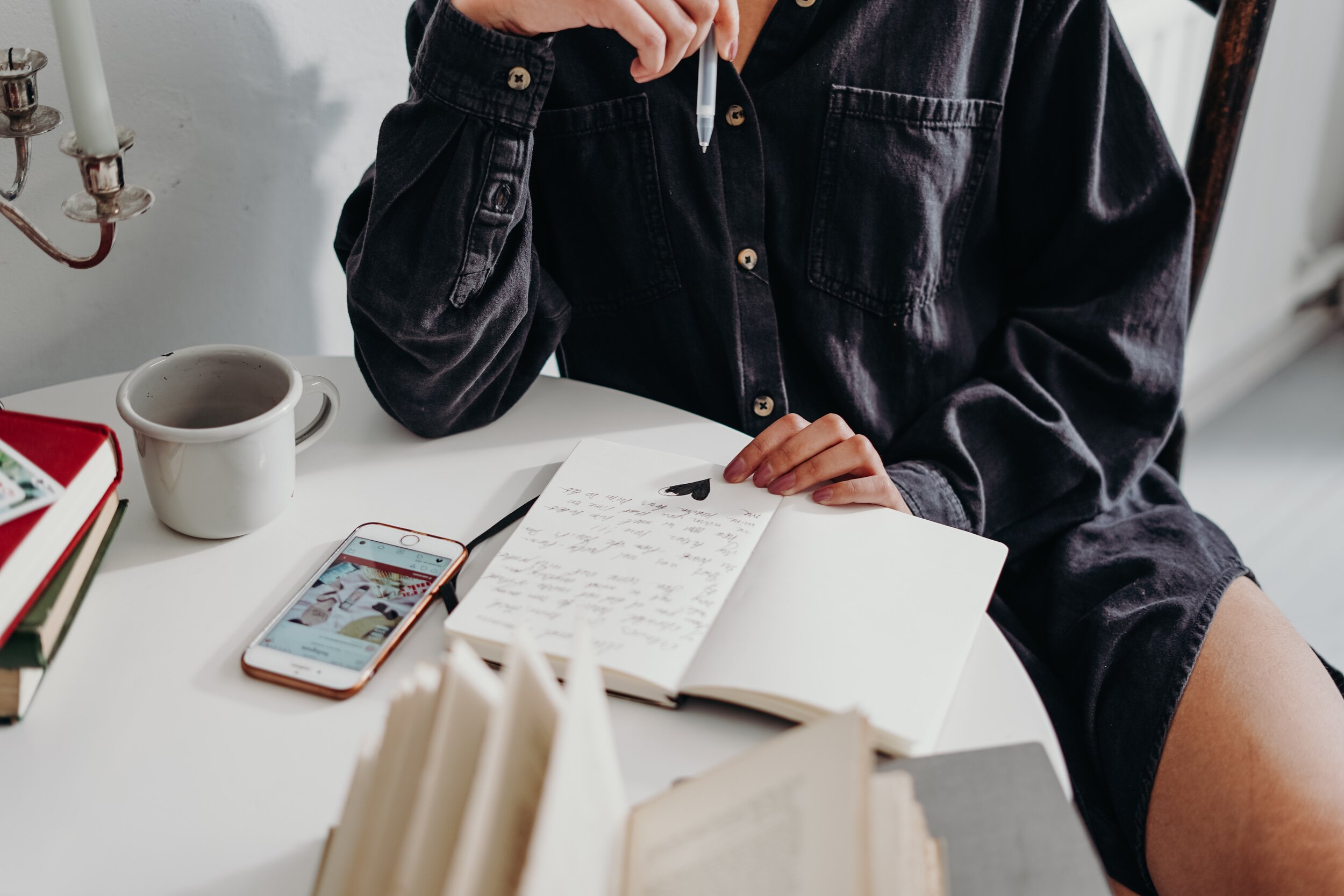Tips
Explore

It can feel scary to admit you’re looking for friends as an adult when there is so much pressure around having really close friend groups. Whether you just moved to a new place, you work from home, or you’re feeling lonely, and you’re struggling to make a connection, know that there is nothing wrong with you, and you aren’t alone in feeling like this. Here are 5 steps to finding friends as an adult, even during a pandemic.
Tips
Explore

According to philosopher Khen Lampert, radical compassion is a specific kind of empathy directed towards the distress of others. This type of empathy is called radical because it includes the inner imperative to change reality in order to alleviate the pain of others. According to Lampert, this state of mind is universal and stands at the root of the historical cry for social change. Radical compassion means total compassion with nothing excluded. Radical self-compassion applies this empathy to the self. Here are 3 practices for exercising radical self-compassion for the wellbeing of yourself and all living things.
Tips
Explore

2020 wasn’t easy; an unforgettable year with so many challenges, changes, and hardships. This year also showed us how resilient humans can be, and what truly matters in life. Maybe this year you looked inward, disrupted generational wounds, rethought our criminal justice and policing systems, stood against injustice, explored and checked your privilege, created healthy boundaries, stayed home for the safety of the collective, asked for help, realized self-love is attainable, or maybe you just slowed down. Throughout it all, here we are! We’ve survived and that alone is worth celebrating. A new year does not mean you have to create a new you, but it can be a great opportunity to give yourself permission to turn a new page, to reconnect with what you value, and to feel better.
Tips
Explore

For most people, the holidays look very different this year. As we continue to adjust to our current reality, it’s important that we also work to maintain our mental health. From fears of the pandemic, the isolating effects of social distancing, confronting and relearning racial injustice in the U.S., natural disasters, financial struggles, and the stress of the presidential election, it’s no surprise that anxieties are high for many of us. Even without the pandemic to consider, we have to acknowledge the inevitable stress, anxiety, and depression that can come up for many people during the colder months and the holidays. This time of year is hard, and if you’re struggling right now, this is for you. Today we share 5 tips to help protect your mental health during and after the 2020 holiday season.
Tips
Explore

If the holiday season is triggering or stressful to you, you are not alone! While this time of year can be so hard for so many reasons, we want to reach out and say we see you, and we want to gift you a few helpful ways to get through this season without being emotionally, physically, and mentally exhausted by the end of it. How? Boundaries of course!
Tips
Explore

2020 has been a difficult year for many of us. People are experiencing higher levels of stress, anxiety, and depression related to Covid-19, racism, and the presidential election, among other things like the environment, lack of stability, healthcare, and the economy. That’s why we want to talk to you about finding emotional balance as we near the end of 2020.
Tips
Explore

Disagreements and misunderstandings are part of any relationship (yup, even the healthy ones). Learning how to dialogue when in conflict is a learnable skill. A lot of what we know about relationships is learned in early life experiences, as early as our relationship with our caregivers (typically parents) in infancy and childhood. Yes, it is wild to believe that how we communicate and respond to disputes today is highly influenced by the relationships that were modeled to us early on in life. To help create understanding and cooperation, the Gottman’s have come up with a blueprint to manage and resolve conflict in relationships. We wanted to share a few of those tips with you. **These tips are also effective in any relationship in our lives not just romantic*”
Tips
Explore

It’s an exhausting moment in American history for most of us. There is tension in the air, the amount of uncertainty and worry feels overwhelming. It’s a stressful time for so many of us, and this is your reminder that your anxiety around this election, the general state of our country and world’s future, and the rights that are at stake is VALID. Especially for BIPOC, disabled, LGBTQ, working class, and other marginalized communities. If your anxiety is at an all time high, we ask that you take some time to care for yourself. Here are a few ways to cope with election anxiety and practice self-care.
Tips
Explore

We’ve talked a lot about toxic relationships and how to spot toxic behaviors in others and how to spot them in ourselves. Today, we’re focusing on how to identify, nurture, and maintain healthy relationships, how to spot red flags, and how to set effective boundaries because we all deserve to cultivate healthy, happy relationships!
Tips
Explore

Welcome to part 4 of our self-compassion journal series! We’ve explored what self-compassion through daily journaling, letter writing, and positive affirmations. Today we’re cultivating self-compassion through positive comparison.
Social comparison is completely natural in the development of humans. It’s normal to compare your productivity, looks, and abilities to other people in order to place yourself in the world. With such easy access now to heavily curated lives online, it can be even harder to avoid falling into a hole of jealousy and negative comparison. But there is a way that we can empower ourselves through comparison too. The trick? Self-compassion of course!